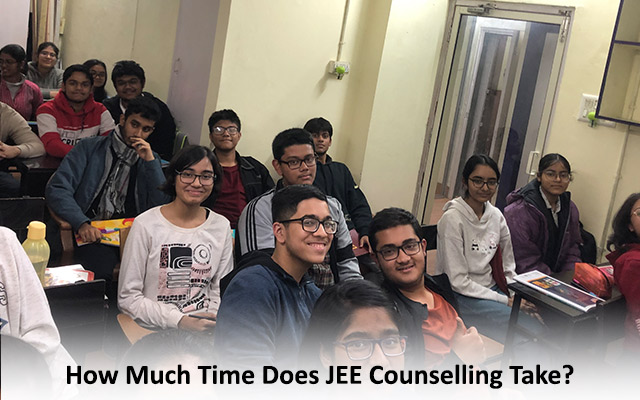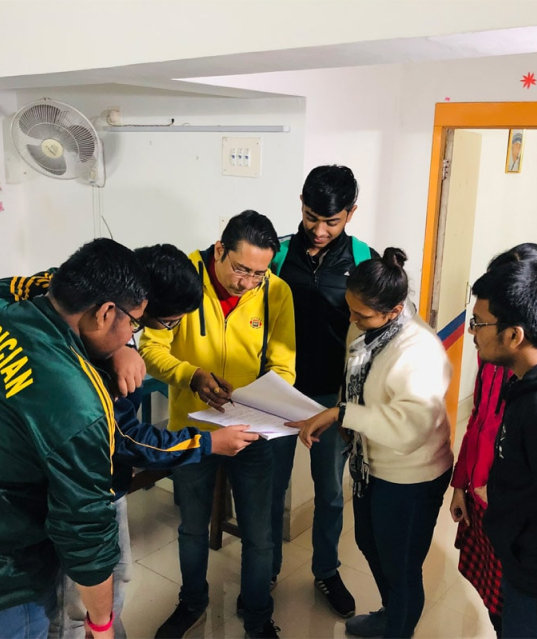The Joint Entrance Examination (JEE) is one of the most significant exams for students aspiring to study engineering in India. After the exam results are declared, the next crucial step is JEE Counselling. But what exactly is JEE counselling, how long does it take, and what should students expect during the process? Let’s understand the process.
What is JEE Counselling?
The JEE counselling process allows students to choose their preferred colleges and courses based on their JEE ranks and the availability of seats. It is conducted by the Joint Seat Allocation Authority (JoSAA) for both JEE Main and JEE Advanced qualified candidates. The goal is to allocate seats in various National Institutes of Technology (NITs), Indian Institutes of Technology (IITs), and other participating institutions.
When Does JEE Counselling Start?
JEE counselling process begins after the announcement of JEE Main results. The counselling process for JEE Advanced starts soon after the results of that exam are released. Usually, counselling for JEE Main starts around June and continues through July, while JEE Advanced counselling follows a similar timeline.
The registration for counselling opens first, followed by document verification and the choice-filling process. It’s important for candidates to regularly check official notifications for exact dates each year.
How Many Rounds Are There?
JEE counselling generally consists of five or six rounds of seat allocation, though this can vary depending on the availability of seats and other factors. Each round plays an important role in allocating seats and helping candidates get admission into their desired colleges.
What Happens in Each Round?
- Round 1: After registering, candidates can fill in their preferred courses and institutions. Based on their rank and preferences, provisional seat allotments are made. Candidates who are allotted seats need to confirm their acceptance and proceed with document verification.
- Round 2: If candidates don’t get their preferred choices or if they don’t accept the seat in Round 1, Round 2 provides another chance. During this round, candidates can also change their preferences and opt for a different set of colleges or courses.
- Round 3: This round is for candidates who were not allotted seats in the previous rounds. The process of seat allotment continues, and candidates get more chances for allocation.
- Round 4-5: These rounds allow for further seat allotments. Candidates who still have not secured seats may be given another opportunity to secure one. In some cases, these rounds involve spot allocation based on the number of vacant seats.
Additional Information About JEE Counselling
- Document Verification: Before confirming any seat, candidates are required to verify their documents, such as ID proof, caste certificate (if applicable), educational certificates, and more.
- Seat Acceptance and Payment: After being allotted a seat, candidates must accept the seat and pay the required fee to confirm their admission. The payment details and the counselling fee are all available on the official JoSAA website.
- Choice Filling and Locking: Candidates need to fill in their preferred choices of courses and colleges. This is a crucial step as it directly impacts the seat allocation in later rounds.
- Withdrawal Option: If a candidate is not satisfied with the seat allotted, there is usually an option for seat withdrawal and participation in subsequent rounds.
Conclusion
The JEE counselling process may take several weeks, often from June to July, depending on the number of rounds and seat availability. While the process may seem long, it’s important to stay patient and confident.If you want to elevate your study process and score well in JEE exams, then enroll in the best JEE Physics tuition in Kolkata. Study with expert instructors and get the opportunity to learn from the best teachers to boost your performance!





